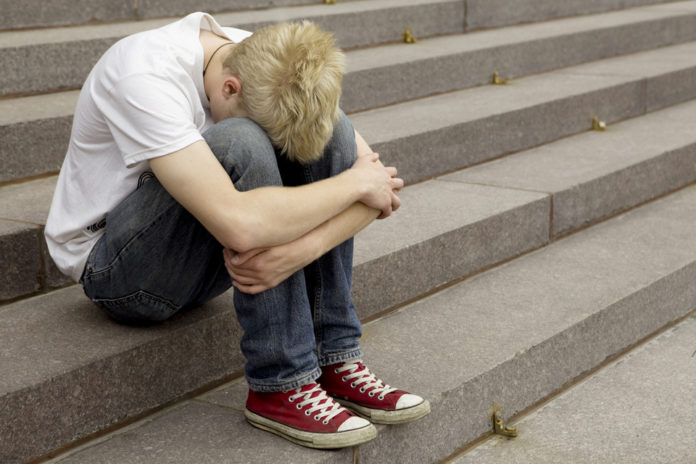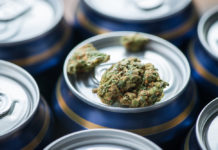A recent study found that there is a significant lack of access to and utilization of developmentally appropriate treatment for adolescents and young adults with severe opioid use disorders.
“Most people with a substance use disorder, of any age, do not receive any treatment,” said Kenneth Feder, lead author and doctoral student at Johns Hopkins Bloomberg School of Public Health. “Our study only looks at adolescents who actually are receiving treatment for opioid use disorder. These youth may face additional barriers to medication-assisted treatments (MATs).”
The Substance Abuse and Mental Health Services Administration reported that the illicit use of heroin and prescription opioids, with and without a prescription, among the youth has more than doubled. Opioid use disorders are the leading cause of morbidity and mortality among U.S. adolescents, aged 12 to 17, and young adults aged 18 to 25.
Feder and his colleagues analyzed data from publicly funded treatment programs in the U.S. and compared the proportions of adults and youth who received MAT for opioid use disorders. They found a crucial need for better access to and increased utilization of MAT that has been appropriately developed to help youth with opioid use disorders achieve long-term sobriety.
In general, youth have lower rates of admission, retention, and success in treatment than adults. The data revealed that 2.4 percent of youth received MAT for the use of heroin, compared to 26.3 percent of adults. Less than 0.5 percent of youth received MAT for the use and misuse of prescription opioids, in contrast to 12 percent of adults.
In a 2016 position paper, the American Academy of Pediatrics advocated the efficacy of MAT and recommended that doctors and pediatricians integrate MAT into treatment programs for adolescents and young adults with severe opioid use disorders.
“While medication-assisted treatments are recommended to be used in conjunction with traditional counseling treatment and other psychosocial services, the evidence shows that persons who use medication-assisted treatment have higher rates of retention in treatment, and lower rates of relapse, overdose, and other adverse outcomes than persons who receive psychosocial treatment alone,” Feder said.
Medications that have been proven to safely manage and treat opioid dependence include… (continue reading)
















